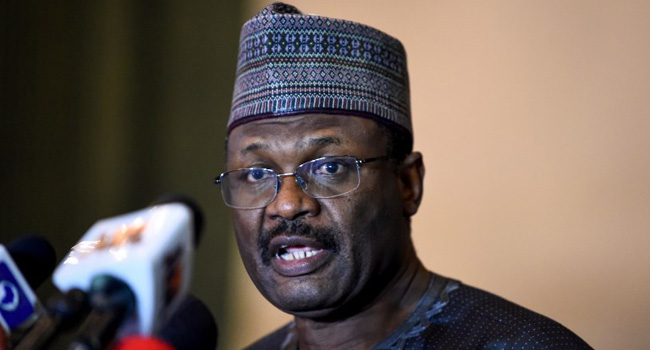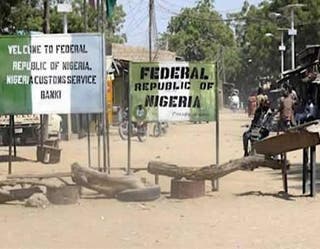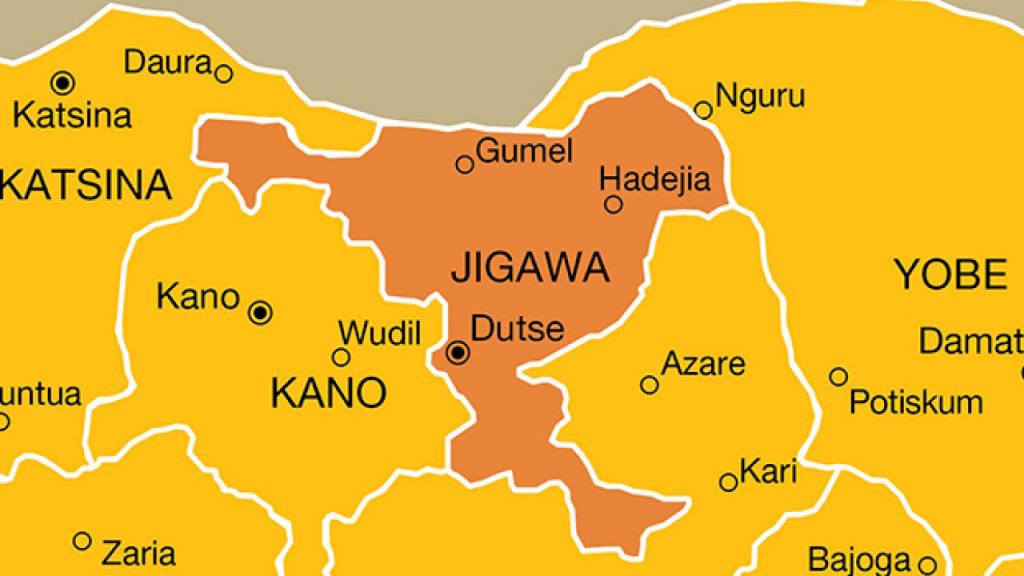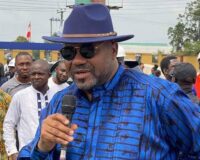The lawmaker representing Borno South District, Senator Ali Ndume, has spoken out in light of the economic implications of the January 31st, 2023 ultimatum on the old N200, N500, and N1,000 by the Central Bank of Nigeria (CBN).
The CBN policy was announced in October when it made public its plans to redesign the aforementioned naira bills.
This was followed up with the introduction of weekly limits for over-the-counter (OTC) cash withdrawals by individuals and corporate entities to N100,000 and N500,000, respectively. The ensuing outcry prompted to a review of the limits to N500,000 and N5 million for individuals and corporate entities, respectively.
The Senator, who made a live appearance on Channels Television’s Politics Today on Friday, reiterated the position of the World Bank that vulnerable Nigerians, including low- and middle-income earners, would be victims of the policy owing to the arguably short three-month notice.
“For me, the way they are [going about] it is the problem,” he said. “And as I said, my own motion is simple – and it was Nigerians’ motion, it was not my motion. For me, this change of money, withdrawal, and all that does not bother me.
“But it bothers the people that I represent and Nigerians in general. Nigerians will suffer. We had this experience in 1984 and I was lecturing at the polytechnic then. It’s not even the CBN that matters. He (Emefiele) is an appointee of the president. The CBN (governor) is actually a glorified cashier of the government: ‘Pay!’ He pays. ‘Do this.’ He does it.
“But the truth of the matter is that the president must be made to understand that majority of Nigerians that are poor or middle-income will be the victims, especially in the North where we don’t have banks and our people move from market to market with raw cash with no banks.”
The Senator gave further insight into imminent hardship resulting from the policy which he said would impact several disadvantaged Nigerians, particularly in rural communities.
“We have 27 local governments. You can only find banks in five or six LGAs. The rest of the 20 to 21 have no banks at all right now,” he said.
“Those banks that were operating there before were closed down or even destroyed by the insurgents. And some of the areas don’t have any network, so it’s not easy to even do transactions with PoS (point-of-sales terminals).
“Besides that, I only saw the new notes myself as a Senator on Wednesday, when I raised the motion and I told my colleagues that I had not even seen the new notes. The policy is good. From time to time, you need to do that. But when you do it, you don’t do it to hurt anybody or target anybody.”
Asked if he agreed with a popular school of thought that the policy targets politicians who may be planning to indulge in vote-buying, the senator said, “I don’t know about that.”
The Senate, on Wednesday, urged the CBN to extend the deadline to June 30th, 2023, following a motion by Ndume.
In the event that the CBN ignores the recommendation and moves ahead with its original deadline, the Senator did not reveal his plans, saying, “When we get to that bridge, we’ll cross it.”







